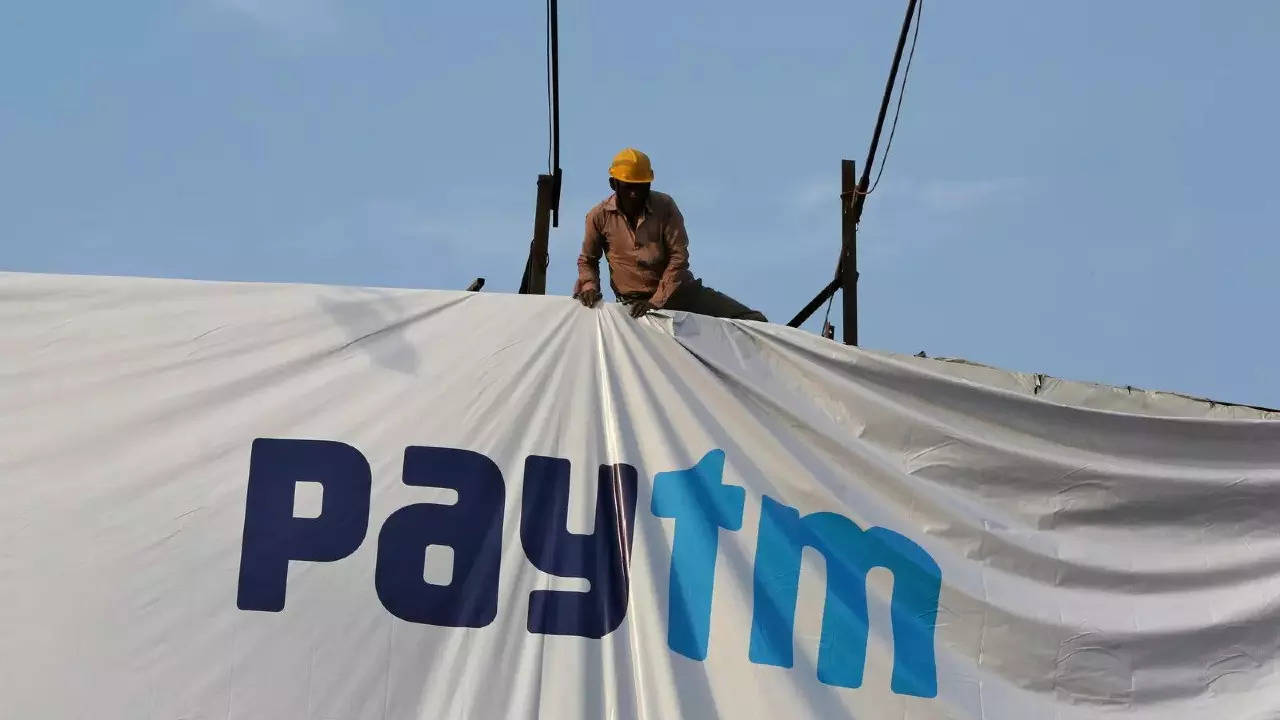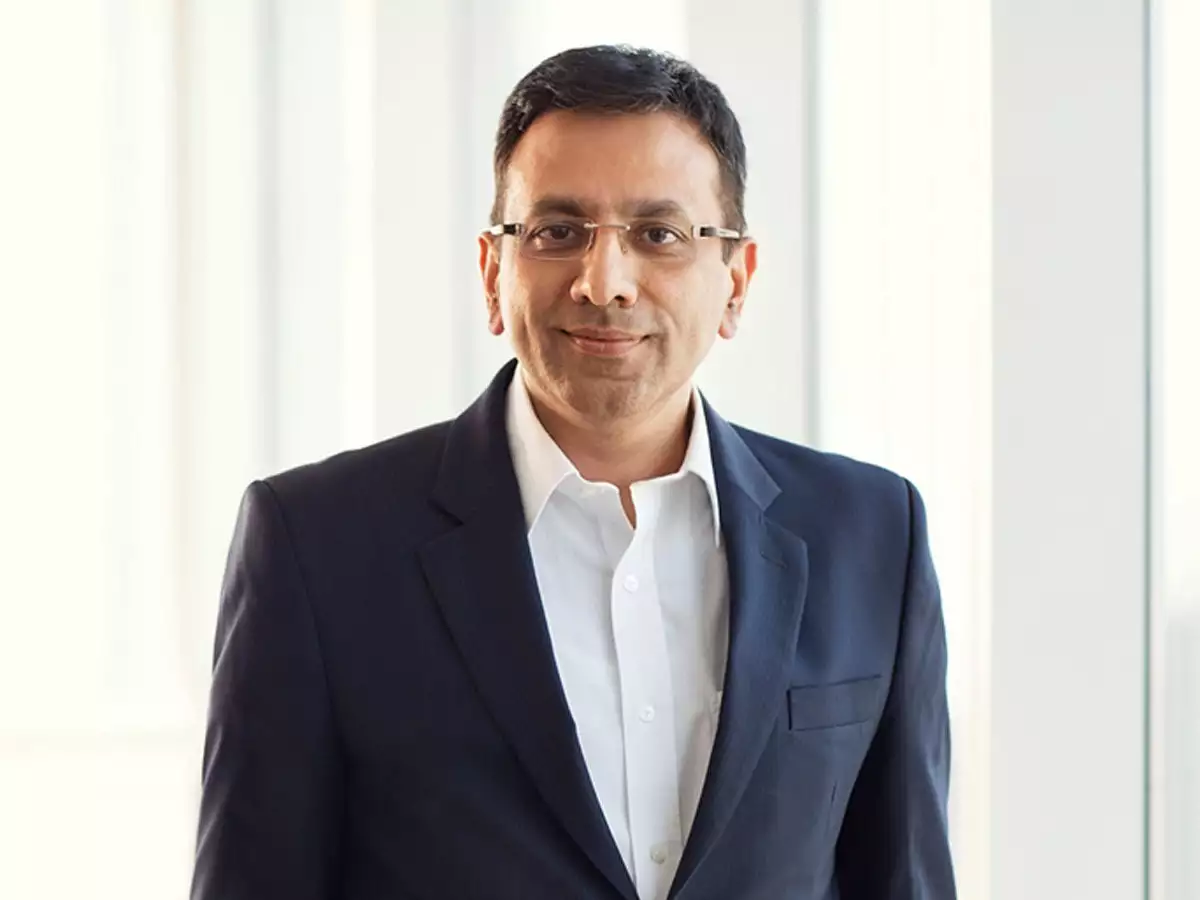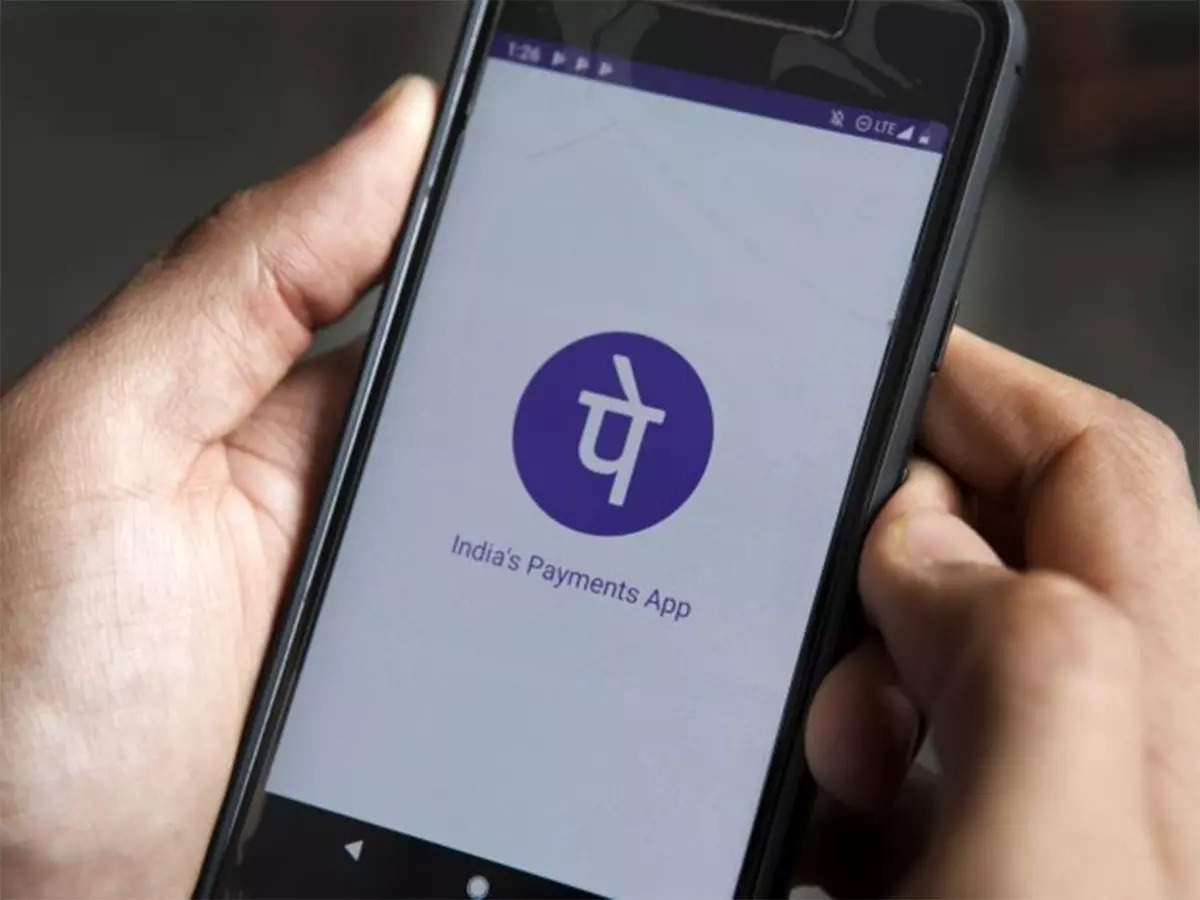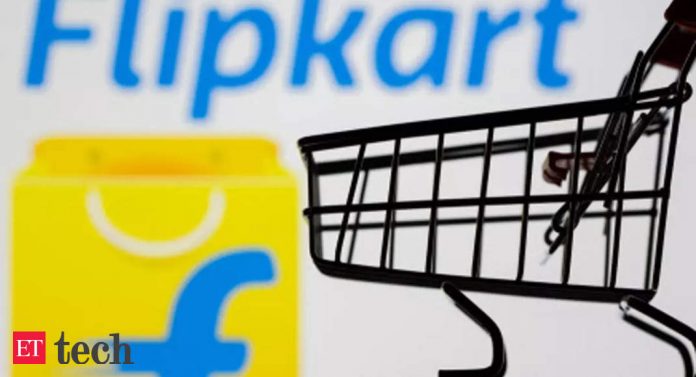Also in this letter:
- Obsession with record-setting led to Paytm’s Day 1 flop
- Google seeks “different solutions” on Play Store fees
- PhonePe to buy back stock options worth Rs 135 crore
Flipkart acquires SastaSundar, enters crowded healthtech sector
The Flipkart Group has agreed to acquire a majority stake in online pharmacy Sastasundar Marketplace as it plans to launch its own healthcare business amid consolidation in India’s healthtech industry during the pandemic.
Rival Amazon India offers a medicine delivery service that’s currently restricted to Bengaluru.
Details: The new entity will be known as Flipkart Health+ and headed by Flipkart’s senior vice president Ajay Veer Yadav. It will leverage the company’s pan-India network and SastaSundar’s healthtech expertise to provide consumers access to quality and affordable healthcare — first through an e-pharmacy and later via e-diagnostics and e-consultation, the company said on Friday.
Flipkart did not comment on the size of the investment. SastaSundar had told us in May that it was valued at $100 million and was looking to raise fresh capital.
Consolidation: The deal comes at a time when API Holdings, the parent firm of India’s largest e-pharmacy PharmEasy, has filed draft papers with Sebi for a Rs 6,250-crore IPO. In June, it had acquired lab chain Thyrocare Technologies to include diagnostics in its offerings.
Meanwhile, the Tata Group acquired 1mg and Reliance Industries bought Netmeds to mark their forays into the sector.
Purplle raises $60M: Meanwhile, online beauty platform Purplle has raised $60 million from Premji Invest, the family office of Wipro founder chairman Azim Premji. The funding values the direct-to-consumer (D2C) brand at $630 million, regulatory filings showed. It is expected to use the fresh funds for acquisitions and its offline retail push.
Purplle is in talks to buy a controlling stake in premium cosmetics and skincare brand Faces Cosmetics and is looking at multiple other tuck-in acquisitions to expand its presence in the beauty space, sources told us. Kedaara Capital invested $75 million in the company last fortnight.
Founder’s obsession with creating a record led to Paytm’s Day 1 flop

Vijay Shekhar Sharma’s ambition to make Paytm’s initial public offering (IPO) the country’s largest-ever was the main reason for its shocking market debut on Thursday, in which its stock tanked more than 27%, said a report by Bloomberg.
Bit off more than he could chew: Sharma had made no secret of the fact that he wanted his company’s debut to eclipse the IPO record set by Coal India in 2010. But now, Paytm now looks like a cautionary tale — as an example of stunning overreach.
Valuation bubble bursts: With the support of leading banks such as Morgan Stanley and Goldman Sachs, Paytm pushed up both the price and the size of the stock offering to breaking point in the run up to the IPO.
The company had initially said it planned to raise Rs 16.6 crore ($2.2 billion) when it announced IPO plans in July. Its shareholders were set to sell up to Rs 8,300 crore of shares at the time. This would have already made it India’s biggest IPO, but it seems the company wasn’t satisfied.
On Oct 28, Paytm submitted documents with India’s market regulator, saying it was increasing the total size of the issue to Rs 18,300 crore ($2.44 billion). The company said it would issue new shares worth Rs 8,300 crore and that existing shareholders would sell shares worth Rs 10,000 crore in the IPO.
Euphoria cools: Retail investors who bought shares in the IPO are now sitting on heavy losses, as as global giants such as BlackRock and the Canada Pension Plan Investment Board.
Nikhil Kamath, cofounder of Zerodha, India’s largest brokerage, said, “There has been a euphoria around IPOs in India, supported by the bull-run in stocks and people got carried away by it. For Paytm, the runway for their profitability is too long and doesn’t justify the far-fetched pricing.”
Of course, Sharma sees things differently. He told us on Thursday that Paytm did have a good market debut as the business models of fintech platforms are not as understood as those of other startups that have gone public.
“These are easy to understand models… If I sell a wallet or a phone, or I can pick up food from a restaurant … then you know the business model… compared to how do you (payments) acquire customers? How do you make money and what’s cross-selling like? These are questions asked by public market investors,” Sharma said. He said stock markets are “opinion-polls” in the short term and “weighing machines” in the long term. “Stock market cannot impact the purpose of the company,” he said.
Google seeking “different solutions” on Play Store fees, says India head

Google India head Sanjay Gupta
Sanjay Gupta, Google’s country head for India, said the company is looking for “different solutions” to address concerns of the country’s internet startups over the commission it charges for in-app subscriptions and purchases on its Play Store. India is the largest market for Google in terms of users after the US and China.
What he said: Google is “working globally and locally to figure out those right solutions in the next few months,” as India is too diverse a country to have a single big solution for the developer ecosystem, Gupta said.
He added that the company is “very conscious of solving for India meaningfully and finding different solutions” for different kinds of developer ecosystems. “I am very confident that in the next few months, we should find a better solution.”
India leads opposition to ‘Google tax’: India’s internet startups such as Paytm and BharatMatrimony have been at the forefront of protests against Google’s Play Store policies, demanding that it slash its fees and allow other app developers and customers to use payment methods other than its own.
On October 21 we reported that after facing mounting pressure from app developers, mostly in India, Google said it would slash the commission on in-app subscriptions to 15% from January 1, 2021.
But the next day, the Alliance of Digital India Foundation (ADIF), a grouping of Indian digital startups, said Google’s move was a tactic to “deflect and distract”, and the group would continue its efforts to protect fair competition and developer choice.
Gupta said that while the reduced fee applies to 99% of developers, it doesn’t address the issue for everyone. “It’s a few people that we (still) need to solve for. And therefore, a sharper, directed approach (is needed) rather than one big mega solution,” he said.
South Korea’s win: Earlier this month, Google announced that it would allow Android app developers on Google Play to offer alternative payment systems alongside its own. That came after the country passed the so-called “anti-Google law” at the end of August. The landmark legislation prevents Google and Apple from forcing developers to use their in-app billing systems.
Tweet of the day
ETtech Deals Digest
India minted another unicorn this week as Mensa Brands, the ecommerce roll-up firm founded by former Myntra CEO and Medlife cofounder Ananth Narayanan, entered the unicorn club.

PhonePe to buy back employee stock options worth Rs 135 crore

PhonePe, the digital payments arm of the Flipkart Group, announced on Friday that it would buy back employee stock options worth Rs 135 crore this year,
Details: The company’s top leadership can sell upto 10% of their vested stock while all other current employees can sell up to 25%, the company said in a statement on Friday. The company’s founders, Sameer Nigam and Rahul Chari, have given it a miss.
PhonePe had launched a Rs 1,500-crore employee stock ownership programme (Esop) last December. It was open to all its employees with a minimum annual salary of Rs 3.5 lakh. Typically, stock options are not granted to all employees in an organisation, especially at the junior levels.
In July, we reported that a host of startups had bought back employees’ stock worth a combined $546 million. Firms such as Swiggy and Meesho recently announced similar buybacks.

























